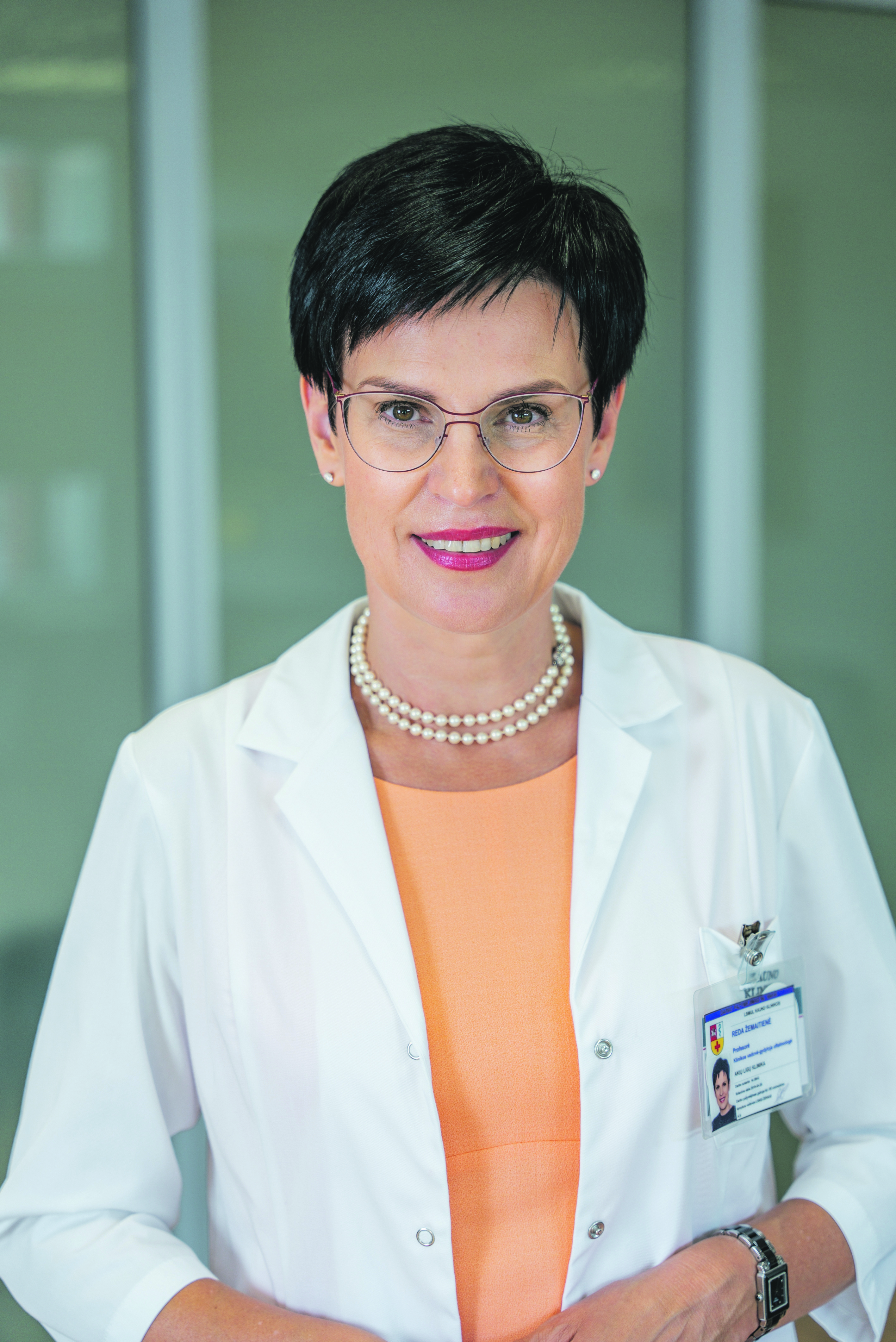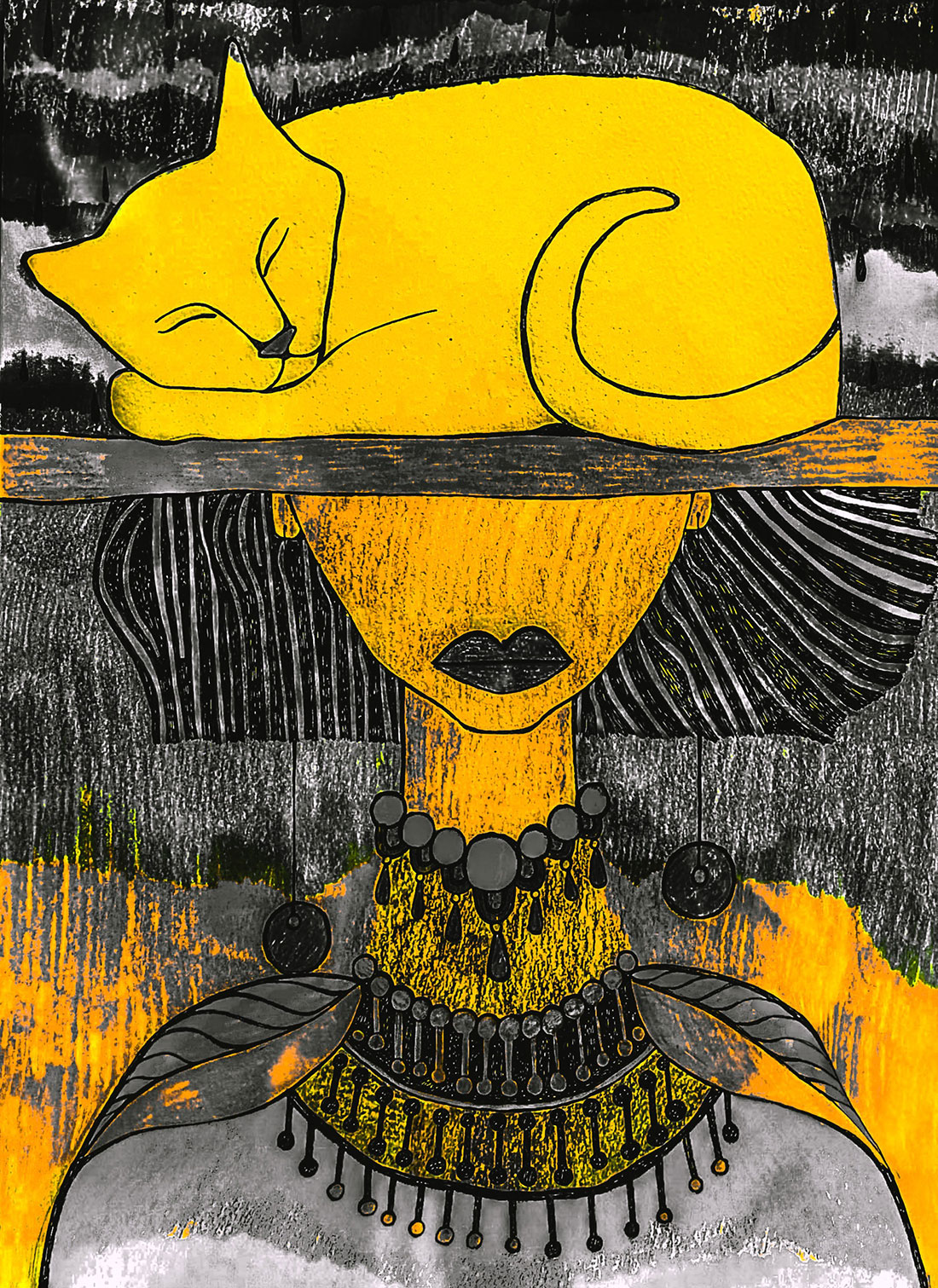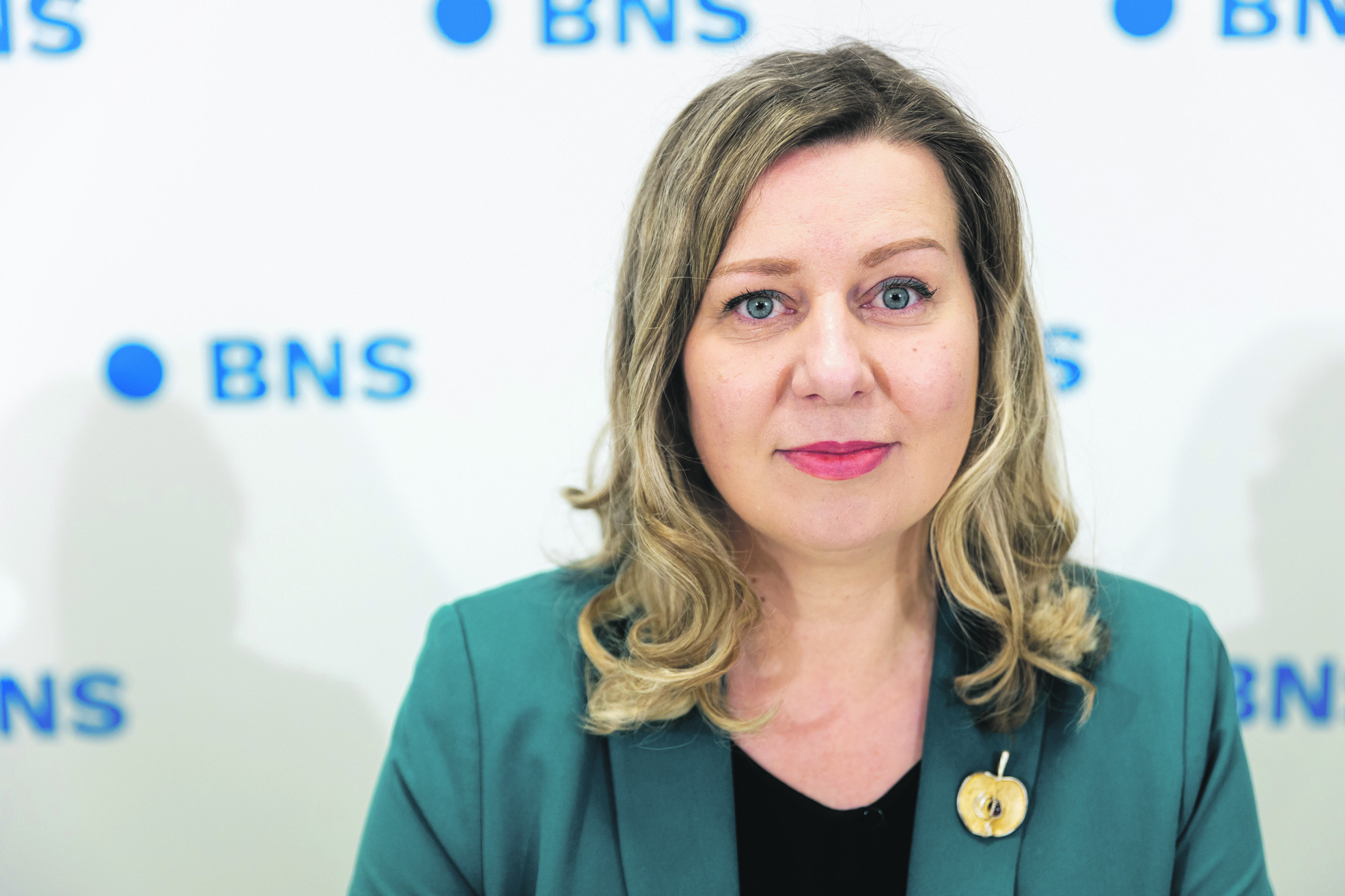After successful treatment, Milda sees the world again

Restricted independence
« I thought my eyes could have been worsened by a computer.
The woman has undergone detailed tests to make an accurate diagnosis. It turned out to be a rare eye disease, an inherited optical neuropathy of Laber. « The disease is manifested by a rapid, painless visual loss by loss of vision of both eyes or initially one eye, and after a few weeks or a month, another eye is affected. The visual field is caused by a stain that prevents the vision. This disease is caused by genetic lesions in cells in the mitochondrios that are responsible for energy production. transmits visual information from the eye to the brain. Reda Žemaitienė.
I lived actively all the time, I worked hard, I didn’t like to sit at home, and suddenly things changed fundamentally. It was difficult, but I tried not to give up.
Milda’s life turned upside down: she got out of work, could no longer drive a car, and leave the street, a shop. « I was active all the time, I worked hard, I didn’t like to sit at home, and suddenly things changed. It was hard, but I tried not to give up – I went to a psychologist whose consultations really helped me.
Reda Žemaitienė / Photo by Personal Archive
Prescribed a special medicine
In Kaunas clinics, the woman was given a special medicine for idebenon. This drug helps cells to produce more energy, protect the nerve cells of the retina of the eye against damage and stops vision.
« In the diagnosis of hereditary Optical neuropathy, we need to reject other diseases and causes that may cause visual loss and optic nerve atrophy. The patient was found atypical mitochondrial DNA mutation, so we consulted with fellow geneticists, neurologists, radiologists and European rare eye disease specialists who confirmed our diagnosis. » Agnė Kručaitė, Head of the Center for Rare Eye Diseases.
She adds that the drug has yielded good results. Milda’s vision has improved, so the treatment in Idbenon was extended for another year.
Disease disrupts cellular activity, especially the nerve cells of the retina of the eye, which transmit vision information from the eye to the brain. They begin to die, develop atrophy of the visual nerve.
Improved very quickly
The woman is pleased that she felt very quickly when she started taking her medication. She is already moving on the street independently and can see certain small details.
« While healing, I tried to live a healthy life – I was eating healthy, exercising and spending a lot of time in the open air. The progress of treatment is obvious. It provides hope. Maybe in the fall I will be able to look for a job.
Milda says she has never doubted the professionalism of Kaunas clinic medical staff, but has even more entrusted them after a visit to a private clinic in Germany. « We went there to hear another opinion of the doctors and make sure that the treatment was really appropriate. I was transported by the statements of Kaunas clinic doctors translated into German. The results of the research confirmed that the treatment was chosen correctly and everything is done properly, » she says.
Kaunas Clinic Ophthalmology Clinic is the largest ophthalmology service in Lithuania, with various types of eye care interventions, all types of corneal transplantation, providing assistance to patients with oncology and rare eye diseases.








